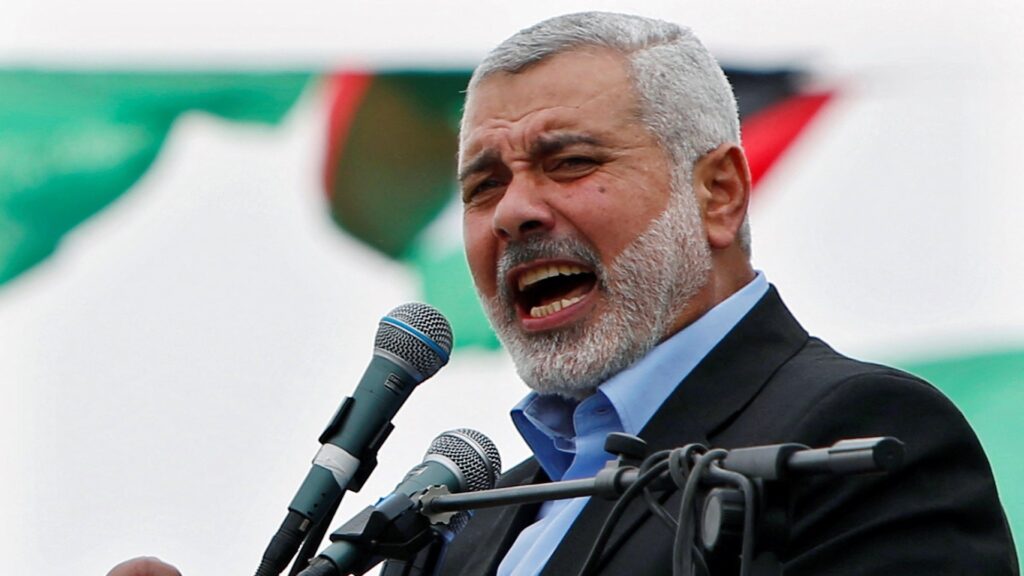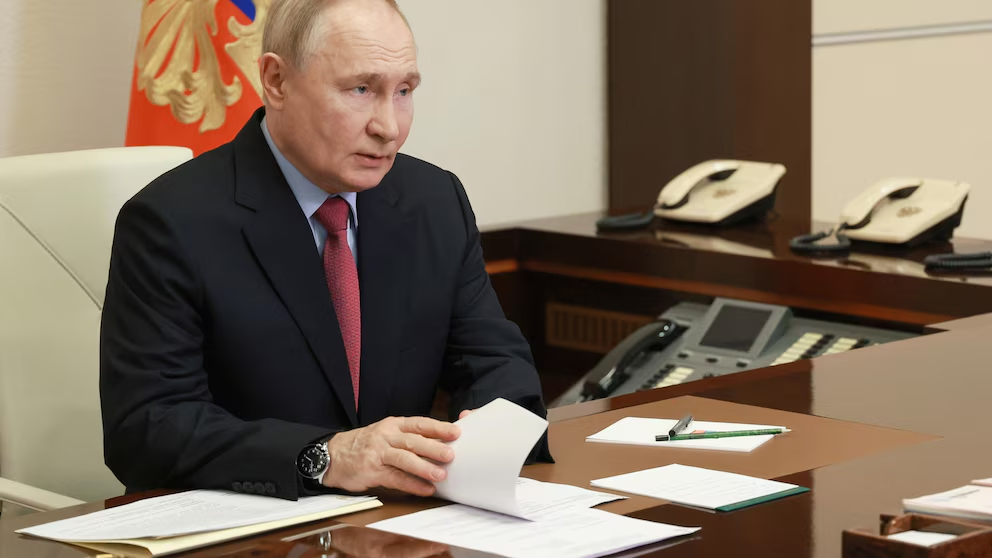The assassination of Hamas political leader Ismail Haniyeh in Tehran has sparked a wave of condemnation from nations across the globe, with many expressing concern over potential escalation of tensions in the Middle East. As news of the killing spread, world leaders and diplomats rushed to issue statements, underlining the far-reaching implications of this event on international relations and regional stability.

China, an increasingly influential player in Middle Eastern diplomacy, was quick to voice its disapproval. Foreign Ministry spokesperson Lin Jian stated during a daily briefing, “We firmly oppose and condemn the act of assassination. We are deeply concerned that this incident may lead to escalation and turbulence in the region.” China, which recently mediated an agreement between Hamas and Fatah in Beijing, called for a “comprehensive and permanent cease-fire” in the Gaza Strip to prevent further escalation of conflicts.
Russia joined the chorus of condemnation, with Kremlin spokesperson Dmitry Peskov strongly denouncing the attack. “We resolutely condemn the attack that led to Mr. Haniyeh’s death,” Peskov declared, adding that such actions are “aimed against attempts to establish peace in the region, and could significantly destabilize the already tense situation.”

Pakistan’s Foreign Ministry expressed shock at the timing of the assassination, which coincided with the inauguration of Iran’s new president. The ministry’s statement read, “Pakistan condemns terrorism in all its forms and manifestations including extrajudicial and extraterritorial killings irrespective of the motives.” It blamed Israel for the attack, describing it as a dangerous escalation that undermines peace efforts in the region.
Turkish President Recep Tayyip Erdogan took to social media platform X to denounce the killing of Haniyeh as a “despicable act” aimed at undermining the Palestinian cause. Erdogan asserted, “Zionist cruelty will never accomplish its objectives,” and reaffirmed Turkey’s commitment to supporting “the establishment of a free, sovereign and independent State of Palestine based on the 1967 borders, with East Jerusalem as its capital.
Jordan’s Foreign Ministry also condemned the assassination, directly accusing Israel of being behind the attack. The ministry warned that such actions could “drag the region towards widening the war and threatens both regional and international security and safety.”
The assassination has put a spotlight on the complex web of alliances and conflicts in the Middle East. Haniyeh, who was scheduled to deliver a speech in Turkey’s parliament in August, was killed just hours after attending the inauguration of Iran’s new president. This timing has raised questions about the reach and audacity of the perpetrators, widely suspected to be Israeli operatives, though Israel has maintained its customary silence on such matters.



